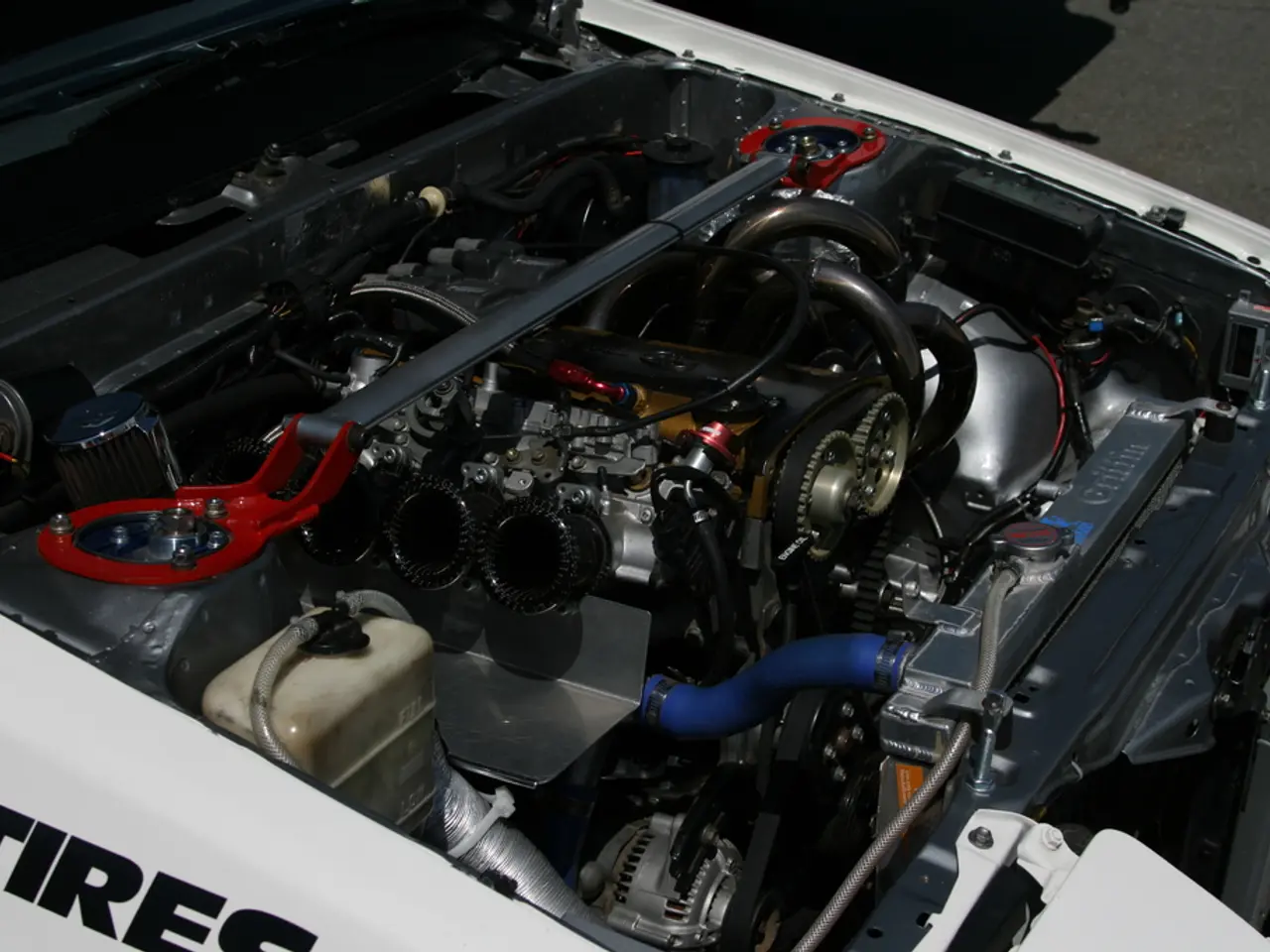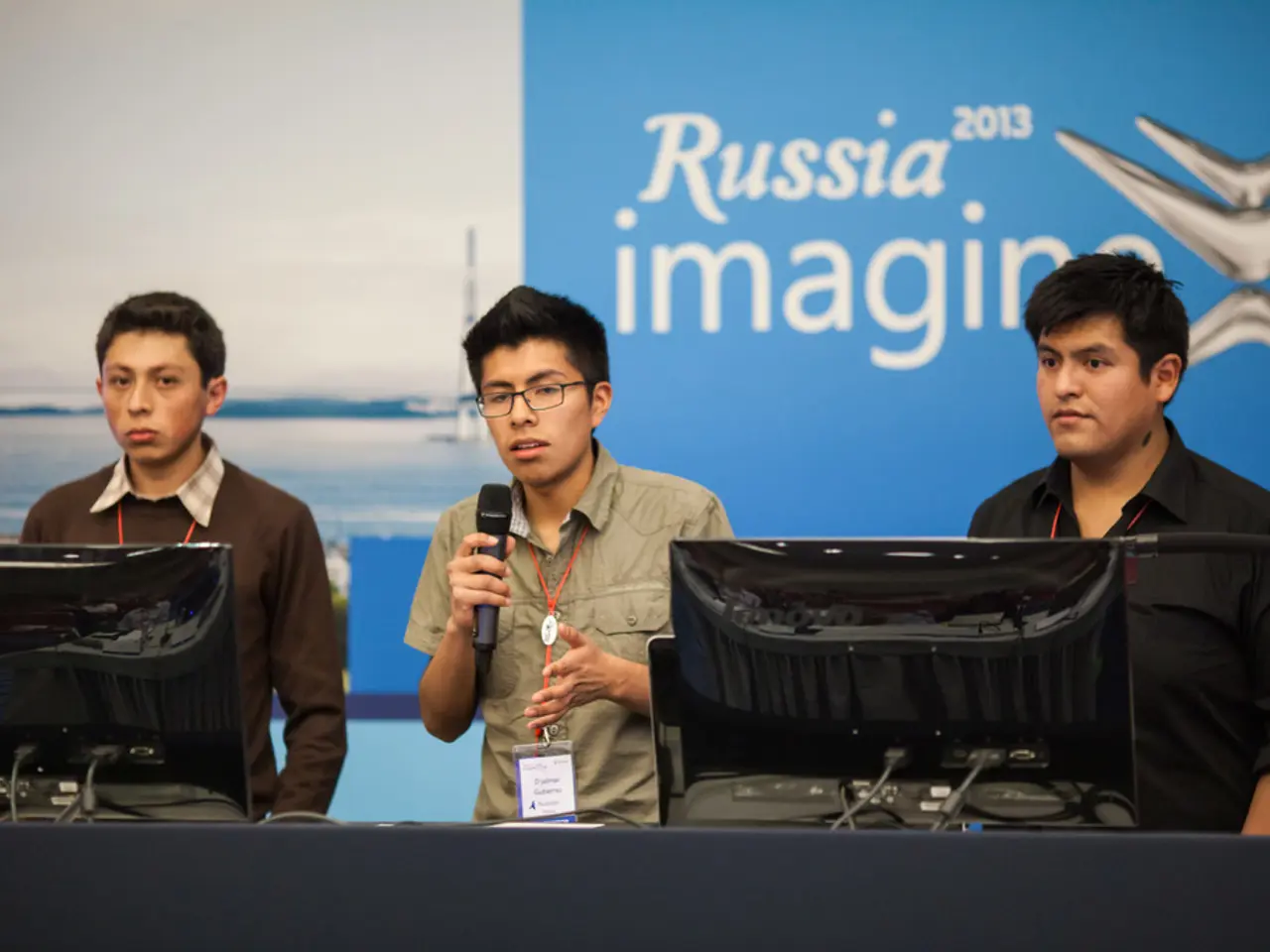Global Advancements in Next-Generation Battery Manufacturing
China has taken the forefront in the race for next-generation battery technology, particularly in the development of sulphide-based solid-state batteries (SSB). This strategic push is evident in the China All-Solid-State Battery Collaborative Innovation Platform (CASIP), a major collaborative platform driving advancements in this field.
Initiated by the Chinese government in January 2024, CASIP is a consortium that includes leading battery manufacturers such as CATL, CALB, EVE Energy, SVOLT, Gotion High-Tech, and BYD’s battery subsidiary FinDreams Battery, alongside state-owned automotive manufacturers and private companies like BYD and Nio. The focus of CASIP is specifically on sulphide-based solid-state batteries, a technology that is gaining momentum in China compared to oxide-based and polymer-based solid electrolytes favoured in North America and Europe.
Key developments within CASIP include addressing manufacturing challenges of SSBs, such as controlling temperature precisely during battery fabrication and improving electrode processes. For instance, proprietary systems for temperature control and negative pressure sealing during production have been developed, cutting energy consumption by 25% and eliminating the need for expensive cleanroom conditions.
Gotion has begun pilot production of sulphide-based solid-state batteries, and CATL alongside SAIC targets small-scale production by 2027. BYD has already produced initial solid-state battery prototypes but anticipates series production to come later. Chinese companies like Xiaomi and Huawei are actively filing patents for solid-state battery technologies, aiming to optimise ion transport and improve charging speeds and range.
Investments in CASIP represent a coordinated effort backed by the Chinese government and major industry players, pooling resources to accelerate research, development, and scale-up of sulphide-based SSBs. Companies like Lead have developed comprehensive equipment suited for GWh-scale solid-state battery production, covering all steps from electrode processing to cell assembly.
China's strong push in sulphide-based SSB technology under CASIP highlights its leadership ambitions in the global battery landscape. China now accounts for a significant portion of global solid-state battery patent filings, evidencing a rapid catch-up and competitive edge in this field.
These insights are based on globally planned and already implemented battery production projects, with data coming from official announcements and the battery production environment. The overviews are part of the "FoFeBat4" research project conducted by PEM of RWTH Aachen University, and are produced by Battery-News, providing comprehensive overviews of next-generation battery production projects.
In summary, CASIP is a major collaborative platform driving China’s advancements in sulphide-based solid-state battery technology through strategic partnerships, pioneering production methods, pilot manufacturing, and concerted investment in scaling up. This positions China to potentially dominate this segment of next-generation batteries for electric vehicles and related industries.
The China All-Solid-State Battery Collaborative Innovation Platform (CASIP), a joint initiative spearheaded by the Chinese government and prominent companies like CATL, focuses specifically on the development and production of sulphide-based solid-state batteries (SSB), a technology that is gaining traction in China when compared to approaches favored in North America and Europe.
Investments in CASIP reflect a collaborative effort between the Chinese government and major industry players, channeling resources towards accelerating research, development, and scale-up of sulphide-based SSBs, thus underlining China's ambitions to lead the global battery landscape, especially in the realm of science and technology for next-generation battery technology.




